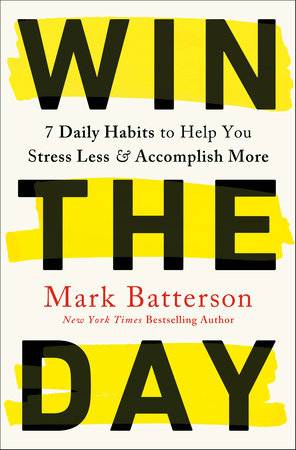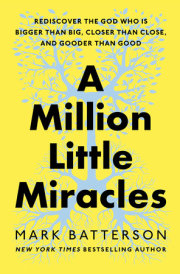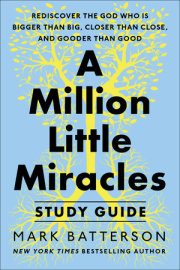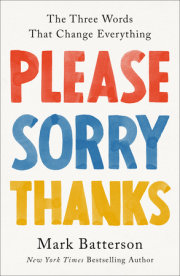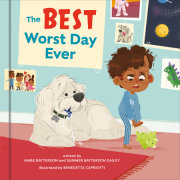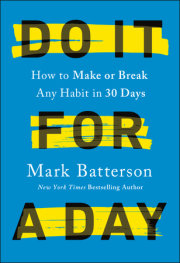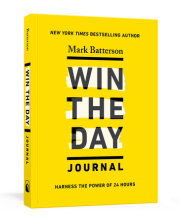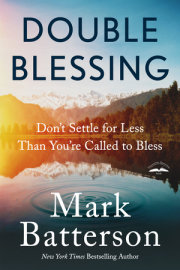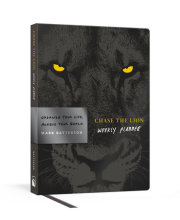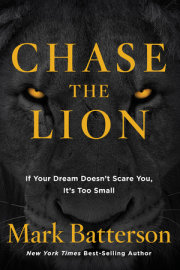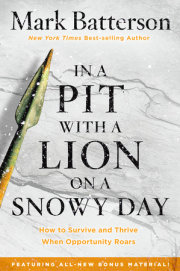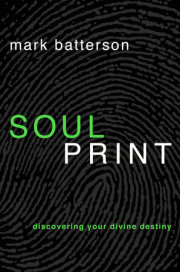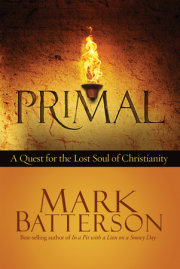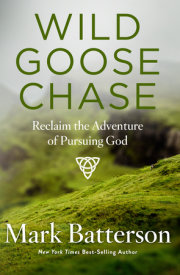1
Signature Story
Live your life in a way that is worth telling stories about.
On August 22, 1851, Commodore John Cox Stevens and his six-man crew won the America’s Cup in a fifty-three-mile regatta around the Isle of Wight. The race was witnessed by Queen Victoria, who reportedly asked which yacht was second. The infamous answer? “Ah, Your Majesty, there is no second.” Thus began one of the most impressive winning streaks in history.
The New York Yacht Club, of which Commodore Stevens was a founding member, successfully defended the cup for 132 years. They were undefeated until September 26, 1983, when the Australia II, skippered by John Bertrand, ended the longest winning streak in sporting history with a forty-one-second margin of victory.
That win was a milestone moment for Australia, hailed like a national holiday. Even America tipped its cap to the Australia II. It was awarded Athlete of the Year by ABC’s Wide World of Sports. I’m not sure how a boat wins that award, but that’s water under the bridge. The question is this: How was the Australia II able to do what no one had done in 132 years? A winged keel designed by Dutch engineers certainly gave the Australian team a technical advantage, but that isn’t what won the race.
If you haven’t tasted victory in 132 years, it’s hard to imagine any outcome other than defeat. The first thing you need to do is convince yourself that winning is possible. How? The answer is the first habit—flip the script. You’ve got to rewrite your narrative by telling yourself a different story, a better story.
Several years before the 1983 America’s Cup, the Australian skipper, Mike Fletcher, had read the classic novella Jonathan Livingston Seagull. The moral of that story? “Begin by knowing that you have already arrived.” Sounds like Stephen Covey’s second habit of highly effective people: “Begin with the end in mind.” Inspired by Seagull’s story line, Fletcher made a recording of the Australian team winning the race. The recording included narration and the sound of a sailboat cutting through the water. A copy of that recording was given to each member of the crew, and they were instructed to listen to it twice a day. They did this—get this—every day for three years! Before even setting sail, they had won the race 2,190 times!
How did the Australian team bury a long losing streak? They flipped the flipping script. They told themselves a different story over and over again. They won the race because they won the day—1,095 days in a row!
According to cybernetic theory, there are two types of change. First-order change is behavioral—it’s doing things more or less. If you’re trying to lose weight, eating less and exercising more is a step in the right direction. First-order change is effective as a quick fix, but second-order change passes the test of time. Second-order change is conceptual—it’s mind over matter. It’s rewriting the narrative.
Change your story; change your life!
Runt of the Litter
When Bo Eason was nine years old, he drew a self-portrait on a piece of paper. I’ve seen the sketch up close and personal. The stick figure isn’t impressive, artistically speaking. The caption beneath it is what caught my eye: “the best safety in the NFL.”
That is the goal Bo set for himself at the age of nine. There was one small problem with that Goliath-sized goal, and I mean that literally. At Bo’s first practice with his high school football team, every player was measured and weighed. Bo was found wanting. He measured five feet tall and weighed one hundred pounds. Based on the coach’s expression, Bo Eason had no business playing football.
After practice, Bo said to his dad, “The coach thinks I’m too small to play.” Without skipping a beat, Bo’s dad said, “Did they measure your heart?” All I want is one moment like that as a father! Talk about nailing the landing, but it gets even better. Bo’s dad then told him a story that would flip his script and alter his identity.
Nothing is more valuable to a rancher than his ranch dog. As a former ranch hand, Bo’s father would know. The ranch dog does the work of ten men, herding the cattle and getting them where the rancher wants them to go. When a ranch dog has puppies, the rancher identifies the smallest puppy—the runt of the litter—by tying a piece of yarn around its neck. After twelve weeks, the rancher gives away all the puppies except for the runt of the litter. Why? As Bo’s dad said, “The runt always has to work harder to survive against its bigger brothers and sisters. Always. The runt becomes the smartest, the fastest, the most determined. Of all the puppies, the runt’s heart is the biggest. The rancher stakes his whole livelihood on that fact.”
As the youngest of six kids, Bo took his father’s message to heart. He would have to work harder, work smarter, and work longer than everybody else! That’s when Bo made a contract with himself, vowing to be the first player on the practice field and the last player off it every day. Bo Eason kept that contract for twenty years!
Against the Odds
The odds of playing in the NFL are astronomical. More than a million kids play high school football, but there are only thirty-two NFL teams with fifty-three-man rosters. That totals 1,696 spots for a million hopefuls! The odds are 1 in 589, less than 0.2 percent. I can almost guarantee that just about everyone who makes an NFL roster weighed more than a hundred pounds in high school, but I bet very few of them have a bigger heart or a better story than Bo.
Bo Eason was the first safety chosen in the 1984 NFL draft, earning All-Pro honors his second season with the Houston Oilers. Remember the contract he made with himself to be the first player on and the last player off the practice field? He kept that contract until he was traded to the San Francisco 49ers. On the first day of training camp, Bo got dressed an hour and a half before practice started. But when he got onto the practice field, Jerry Rice was already there. Of course, coming in second to arguably the greatest receiver in NFL history isn’t half-bad.
How did Bo Eason beat the odds? He defined the win: What’s important now? Then he painted a picture of his preferred future. That’s what faith looks like—it’s being sure of what we hope for and certain of what we do not see. But setting a God-sized goal wasn’t enough. The defining moment was the day his dad flipped the script with a story. Bo Eason owned that story; then that story owned him. It became his signature story—the story that changed his identity and defined his destiny.
“I made that dog’s story my story,” Bo said. “And I’ve been telling myself that story ever since.” Bo Eason flipped the script on the high school coach who didn’t think he was football material. After a knee injury ended his NFL career, Bo flipped the script a second time by turning his signature story into a Broadway play, Runt of the Litter.
What stories are you telling yourself? And where do they come from? Are they helping you or hurting you? Are they accurate or inaccurate? Are they carefully crafted or off the cuff? And who is narrating the story? You? Your parents? Your doubters? Your haters? Or have you given editorial control to the Author and Perfecter of your faith?
“Every person is composed of a few themes,” observed C. S. Lewis. Those life themes reveal themselves in a wide variety of ways. Sometimes it’s during the regular routine of life. More often than not, it’s something out of the ordinary. One way or the other, something happens that strikes a chord at the core of your being. A God-sized dream or God-ordained passion is conceived deep within your spirit. It’s the thing that gets you up early and keeps you up late. It’s the thing that makes you smile, makes you cry, or makes you pound your fist on the table. Those life themes become the subplots of your life, and they undergird everything you do.
Copyright © 2020 by Mark Batterson. All rights reserved. No part of this excerpt may be reproduced or reprinted without permission in writing from the publisher.





